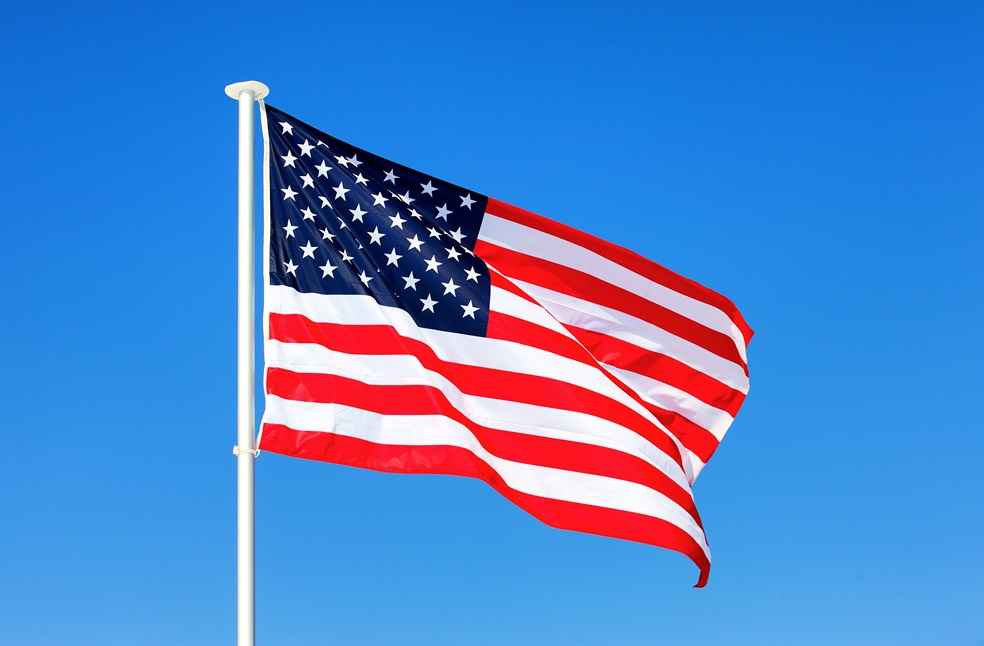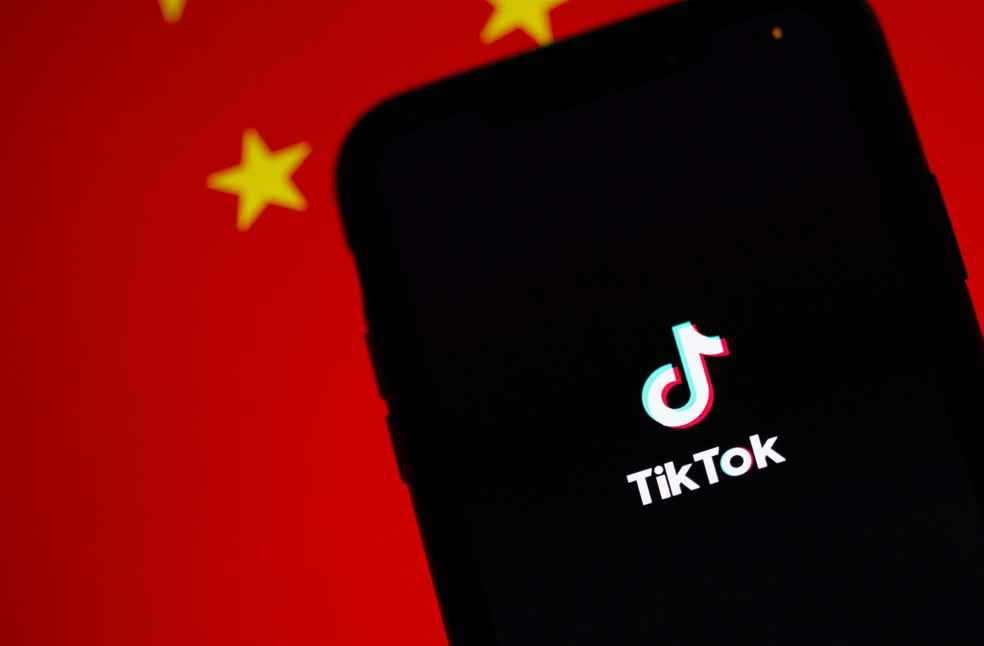United States: TikTok has expressed opposition to a potential ban on its service in the US saying it would infringe on the free speech rights of 170 million American users.
The House of Representatives of the United States voted to ban TikTok unless the app’s owner, ByteDance, severs its ties with China. This lawmaking was part of a foreign policy package that enclosed support for Ukraine and could evolve regulations as early as next week.
US administrators expressed concern over TikTok’s popularity with youngsters, asserting that Bytedance is too closely associated with Beijing. However, ByteDance constantly repudiates these indictments. Legislators recently endorsed a package that includes a ruling regarding TikTok. The package also includes $61 billion (£49 billion) in foreign aid for Ukraine, as well as budgets for Israel and Taiwan.

In the House of Representatives, 360 out of 418 associates voted for the revamped divest-or-ban bill that concerns the future of TikTok. The Senate is anticipated to vote on the bill next week, and US President Joe Biden expressed his intention to mark it into law.
As a result of the bill becoming law, ByteDance’s stake in TikTok will be available to sell for nine months after it passes. In case of a sale in advance, a possible three-month elongation may be granted. If ByteDance fails to concede to the decree, TikTok may encounter a ban.
A TikTok envoy criticised a bill that could infringe on the free speech rights of 170 million Americans, cause significant damage to 7 million businesses, and potentially shut down a platform that adds $24 billion (£19.4 billion) annually to the US economy. TikTok denied being an agent of China or any other country, and ByteDance maintains that it is not a Chinese company, pointing to the fact that global investment firms own 60 percent of it.

In March, the US House of Representatives passed a bill demanding ByteDance to sell TikTok to non-Chinese owners within six months or face an embargo in the US. However, the bill is still awaiting authorisation from the Senate.
ByteDance, established in 2012 by Chinese entrepreneurs, hit the jackpot with the short video app Douyin in China. A year later, it founded TikTok, which achieved a billion users in five years and is now driven by a limited liability enterprise based in Los Angeles and Singapore, owned basically by ByteDance. Its creators own only 20 percent of ByteDance, but it is the controlling stake in the firm.



